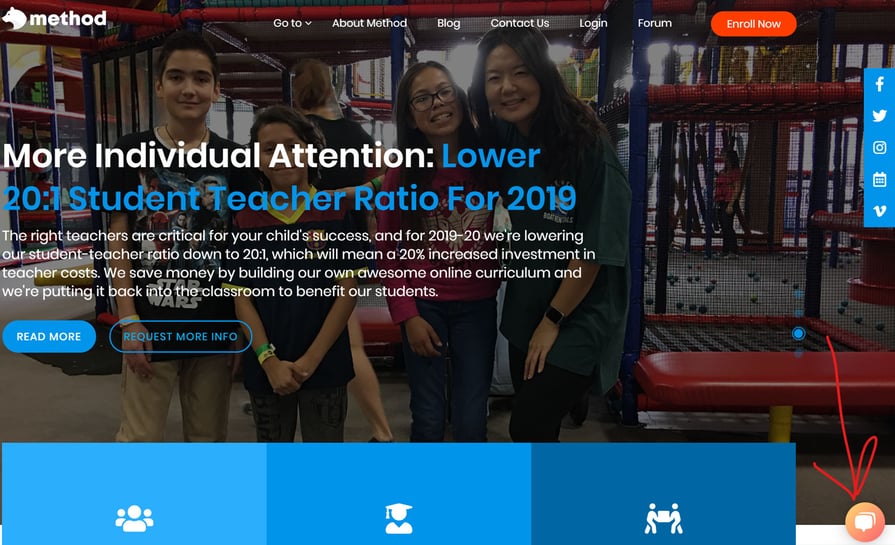Recently charter schools in California have gotten some bad press. There's never a good time for wrongdoing, but the timing of some heavily publicized scandals couldn't have been worse. And the unions and anti-charter legislators pounced. Hard to blame them really. But one of the articles I read recently in the San Diego Union Tribune got me thinking, and it wasn't about scandal, charter vs district, politicians, or unions. It was about marketing. And marketing in the public school space in particular.
Charter schools, which are the only free option for families who don't want to be assigned to a school based on geography, are inherently marketing-focused. We have to be. Unlike a school district, which will attract 75-90% of the local market when opening in a given location, we live and die by enrollment. And if enrollment isn't there, we don't change boundaries, lay off staff, close locations, or pursue the sale of bonds. We go out of business. Even if we're doing right by students it doesn't matter. There is no safety net.
There are obviously right and wrong ways to do things, and marketing is no different. I'm not saying we have it all figured out, but from a marketing perspective we focus on marketing channels where we can attract students who we're in the best position to serve. For Method, the top channels are:
Research and measure (and continual product refinement from it)...listen, validate, take action where necessary. We use marketing and survey software to track everything about what works, what doesn't, who's happy, who isn't, and why.
Student support: Our service hub (customer service portal) has produced over 2,100 help tickets since we implemented it about 18 months ago. Like holding events, having a sophisticated online support portal is essential for online students. Our online support is available to students and families within their online courses and on our website. See below:

We do very little traditional advertising because it's way too expensive to get any measurable results. So, how much do we spend on marketing? On average, we try to spend no more than $150 per student per year on marketing, which based on doing this for awhile seems realistic and reasonable.
Marketing isn't necessarily a bad word. And when it comes to schools, using it to improve product and experience for our students and families seems like a good use of resources. Questions or comments? Feel free to hit me up (light me up?) in the comments.
